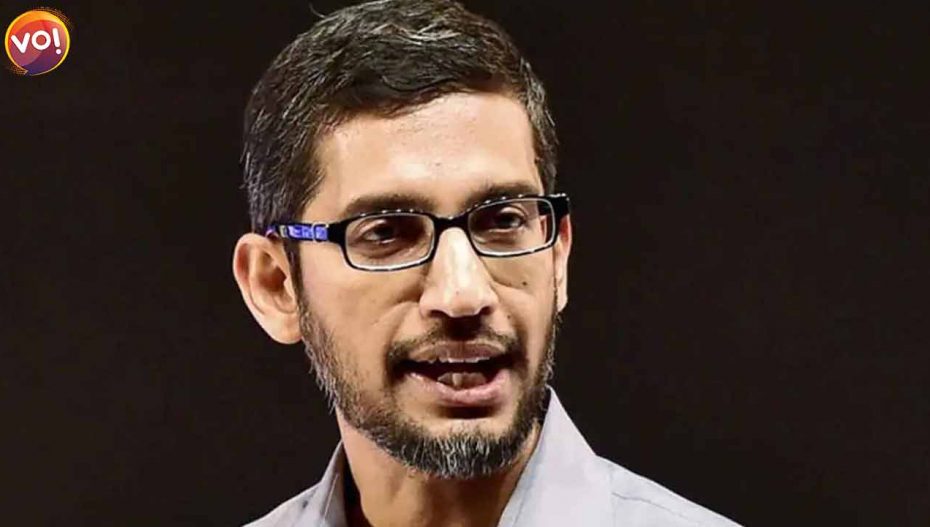Google and Alphabet CEO Sundar Pichai holds that India can be an example of creating open stacks using technologies such as the UPI and Aadhaar. He was speaking at a “Google For India 2022” event in the capital on Tuesday.
“Look at what India has accomplished with the UPI, Aadhaar, and the payments stack, and you will see the value of having an open, connected stack which works. And that is what the internet is. Having responsible regulation which preserves all of this are some of the core elements,” stated the India-born Pichai.
He reiterated that India is a “shining example” of harnessing technical prowess and government-backed entities such as the Unified Payments Interface (UPI) and Aadhaar to create open and connected stacks.
He also forecasts that India will be a successful exporter in this digital economy while adding he sees a balance in the proposals by the Indian government so far. Pichai further said that Google’s partnership with the Indian government will be a constructive one.
The Google and Alphabet CEO further gave his two cents on draft regulations such as the Telecom Bill, New Data Bill, and revision of the IT Act. Pichai mentioned that given the scale and role of technology in today’s time and age, governments across the world have a right to ensure citizen security and privacy.
His comments follow minister of Railways, Communications, and Electronics and Information Technology, Ashwini Vaishnaw’s statement about Data Protection Bill, Telecom Bill, and Digital India Bill likely to be tabled in the monsoon session of Parliament.
He stated categorically that the Data Protection Bill and the Digital India Bill will lay the impetus for creating a robust platform to gain maximum advantage from artificial intelligence (AI). The telecom bill, on the other hand, will focus on user protection.
The minister briefed reporters on the sidelines of the “Google For India 2022” event: “The two bills, which have been put up for consultation, should be completed by July-August. These should pass the Parliament.” Vaishnaw added that the PM has given a clear target of creating a comprehensive regulatory framework and the entire exercise should be completed within a period of 14-16 months.
Also Read: BYJU’s Topman Charged With Buying Data, Bullying Parents Into Buy-Outs












